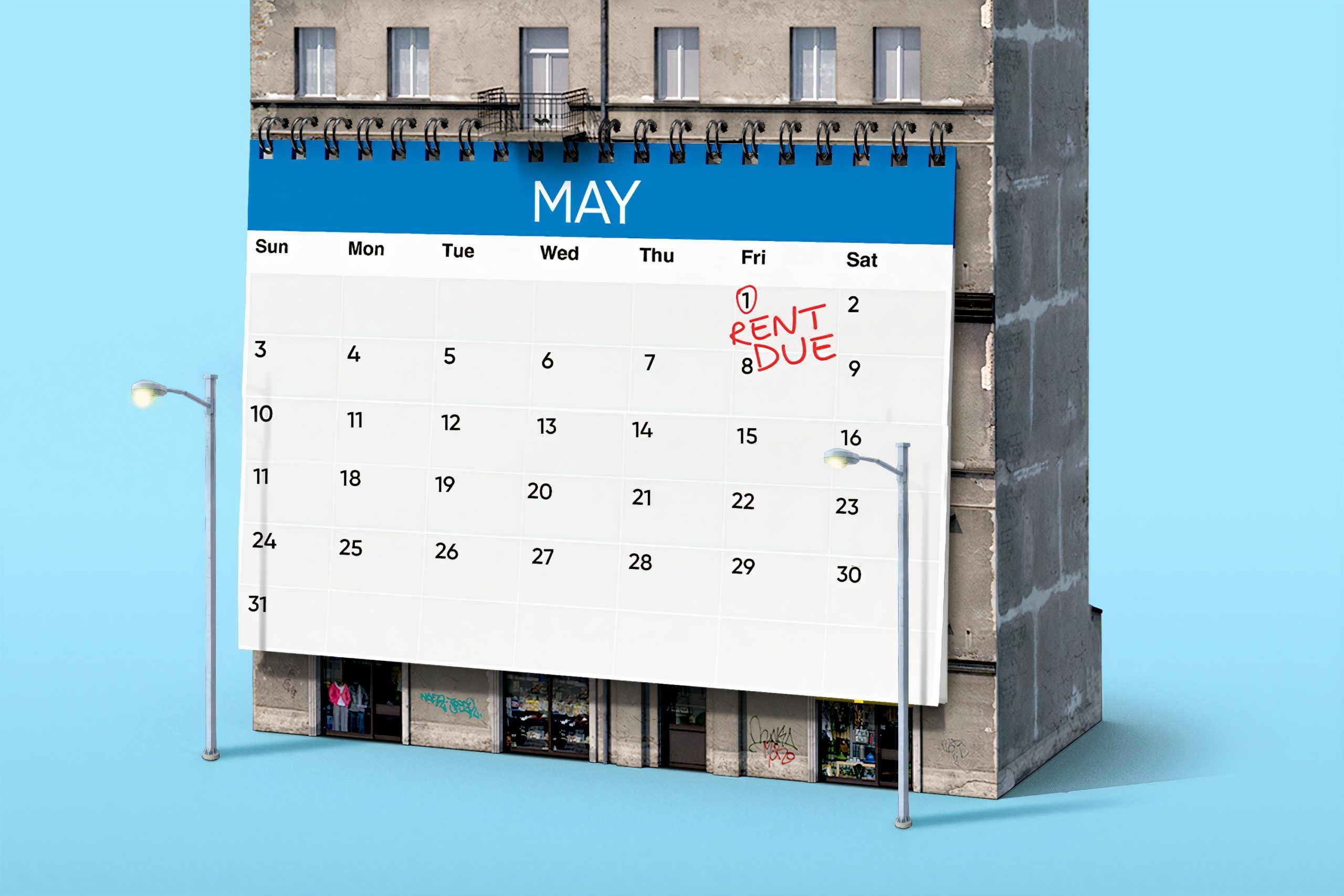What Does the CDC’s Ban on Evictions Really Mean?

The COVID-19 pandemic has affected nearly every facet of our lives. With many people still out of work, some are struggling to figure out how they are going to make rent while putting food on their tables. This became even more of a reality knowing that the Governor’s temporary ban on evictions and foreclosures ended on August 31.
Earlier this week, the Center for Disease Control and Prevention (CDC) announced a temporary moratorium on evictions that will extend to the end of the year. Previous orders regarding evictions were given at the local and state levels. However, this ban on evictions prevents only those that are a result of tenants not making payment. The Order does not apply to tenants who
- engage in criminal activity
- threaten the health or safety of other residents
- damage the property, or
- violate the lease in some other way.
And in no way does the Order forgive rent or prohibit a landlord or property owner from charging late fees or penalties under the lease. You can find a full copy of the Order here.
This unusual move has raised a lot of questions. Some of them are easier to answer than others. While I’m sure more questions will arise over the coming days, we have put together a few answers for you below.
Who is covered under the new Order?
Only certain tenants are eligible for protection, and they must proactively seek out that protection. The quick answer is that eligible renters are those who qualified for a stimulus relief check based on the CARES Act income requirements and would become homeless if evicted.
The Order protects tenants who certify the following:
- They have used their best efforts to obtain government assistance for housing
- They are unable to pay their full rent due to a substantial loss of income
- They are making their best efforts to produce timely partial payments of rent and
- They would become homeless or have to move into a shared living setting if they were to be evicted.
In addition, they must be able to show that one of the following financial criteria apply:
- They expect to earn no more than $99,000 as an individual or $198,000 if they file a joint tax return in 2020
- They were not required to report any income to the IRS in 2019, or
- They have received an Economic Impact Stimulus Payment under the CARES Act.
What many tenants may not realize is that in order to qualify for these protections, each adult member of the property must sign a sworn declaration to all of the above and provide a copy of this declaration to their landlord. This declaration also states that the tenants understand that they are still responsible for rent and will be required to pay all back rent, including any fees and penalties, once the moratorium is lifted at the end of the year.
Because the rule is brand new, there are many questions that we do not have answers to. These are things like:
- Does the tenant need to provide any proof that they exhausted all of their efforts for government assistance, or is their signature on the declaration all that is required?
- Does the tenant need to show proof that they received a stimulus check or a 2019 tax return?
- Does the loss of income need to be COVID related?
What happens when the moratorium is lifted?
As mentioned above, the Order does not relieve a tenant’s responsibility to pay rent. All rent due, including any late fees and interest as outlined in the lease, will continue to accumulate and the tenant will have to pay all of it. This means that, come January, most tenants are going to find themselves saddled with a very large balance due to their landlord.
Whether or not landlords may be willing to work with tenants in making payments towards this balance remains to be seen, but it is probably not likely considering these landlords may have gone months without seeing any income from rental properties. In other words, once the ban on evictions is lifted, the courts could be bombarded with mass eviction actions.
The short of it is, this Order does not serve to prevent evictions; it will only delay the process until after December 31. Tenants need to know they will still be on the hook for each month’s rent and should try to plan ahead accordingly. Landlords and tenants should also pay attention to whether this moratorium is upheld in Court and if the government creates any new programs to assist people in paying rent.
